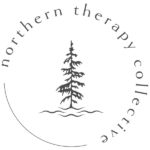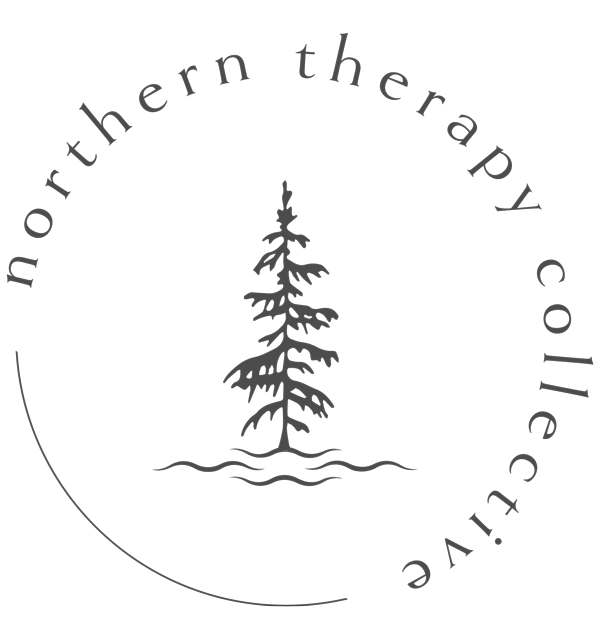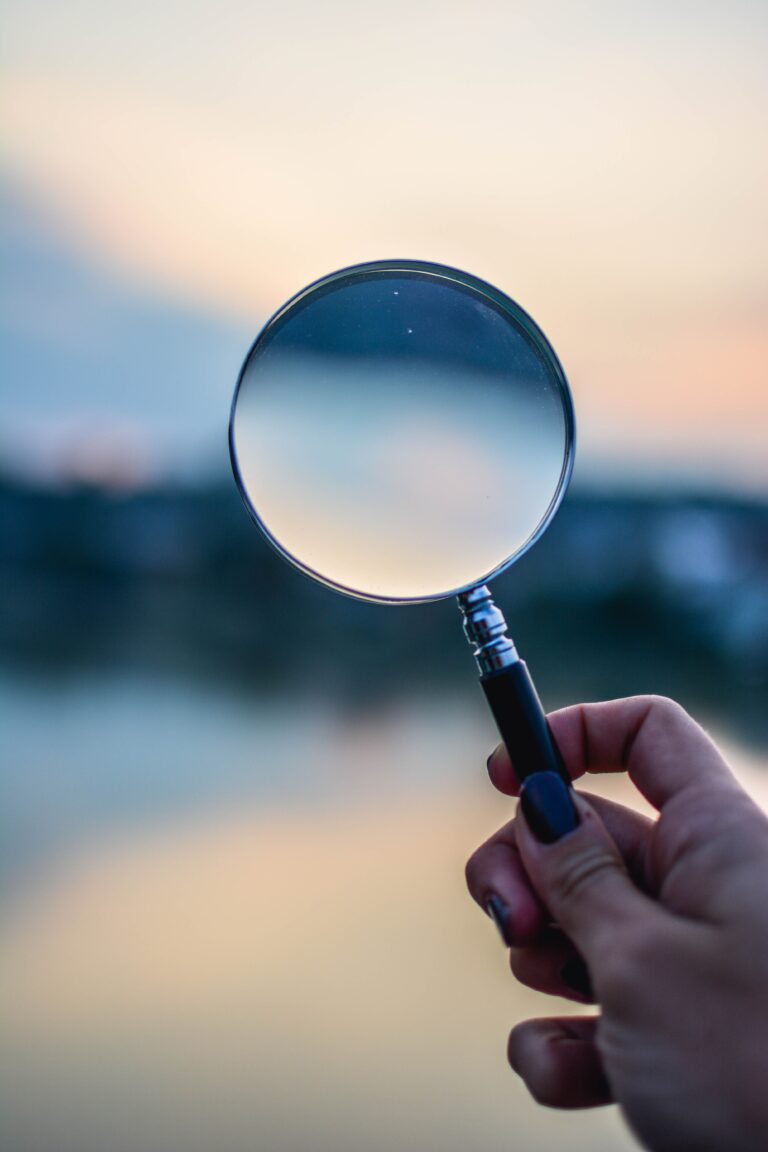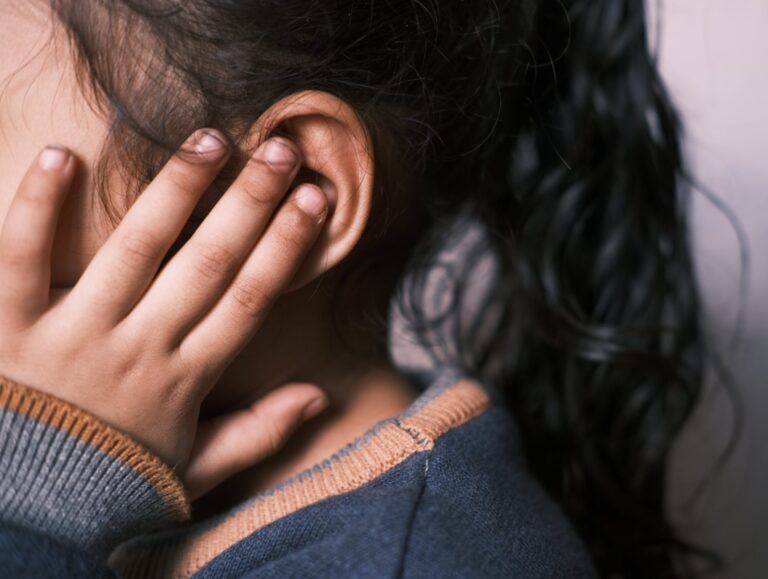Why Distraction and Avoidance Are Not the Same Thing
We are in a time where the popular narrative is to feel all your emotions, to not avoid, to not run away. And really, we’re (mostly) here for it. But today we want to dip our toes in the gray zone of distraction versus avoidance, and hopefully shed some light on the difference. (Spoiler alert: distraction actually is not a bad thing sometimes!).
DISTRACTION VS. AVOIDANCEE: WHAT IS THE DIFFERENCE?
Avoidance is a behavioral action to escape or numb out difficult emotions that may arise. Avoidance can be explicit escape (e.g., leaving the shopping mall when you get a panicky feeling in your body), or it can be subtle behaviors (e.g., only going out if you have your prescription on hand, or only going to the store at off-peak, less busy hours). The main goal of avoidance is to avoid an emotional experience you don’t want to have.
Distraction, on the other hand, is sort of like “giving yourself a break” from being in your feels all the time. Distraction is where you engage in an activity to take your mind off of the weight of things that may be going on in your world. Perhaps, it’s taking a break to watch that funny comedy special you’ve been meaning to check out on Netflix, or delving into that new fiction novel that’s been living on your shelf for 6 months. Distraction is your gift to yourself, to take a break from the weight or heaviness that you may be experiencing right now. Distraction is like taking a mini vacation, and we all need a vacation every now and then!

WHEN DISTRACTION MAY BE HELPFUL
Now, please don’t read this and think: Yes! I knew it! I can watch comedy instead of feel my anxiety and life will be better!
We definitely are not implying that.
What we do want you to consider is that distraction can be helpful in a few cases:
(1) When you’re facing a problem that you truly cannot do anything about right in this given moment. Let’s say you have a job interview tomorrow that you are incredible anxious for. You have practiced and prepared for hours on end, and yet you’re still feeling consumed by the anxiety of it all – perhaps distraction may be a helpful ally for you. You have done all you can to prepare, now it is time to rest, relax and distract until the event occurs.
(2) When the problem is too painful, and you merely need a break. An example here, may be grief. Of course, we know that the only way to get through grief is to allow ourselves to grieve fully and naturally allow the process to unfold. However, it is okay to take a break every now and then from the pain of the grief. Have fun with a friend, browse a favourite magazine, enjoy a scenic drive. And when you’re ready, come back to the grieving process.
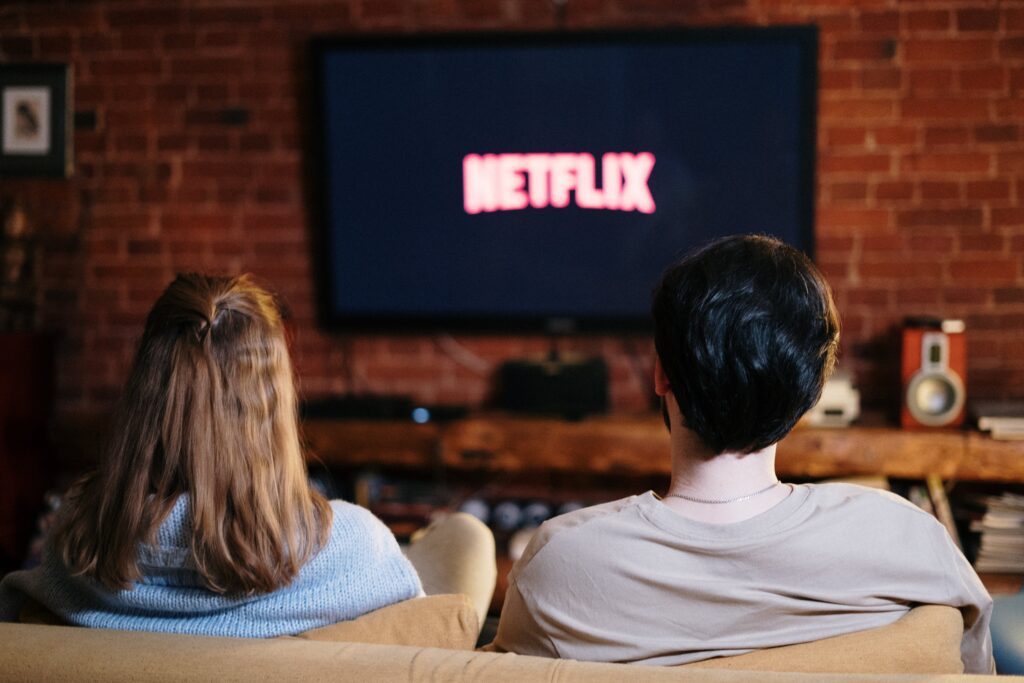
MAKE DISTRACTION A TIME-LIMITED SOLUTION
Distraction can undeniably be helpful, as we’ve identified here. But when does it become problematic? When we over use it, or do it for too long – and it leads to other problems in our lives. If you bury yourself in distracting activities too often, or for too long, we may be slipping into avoidance territory.
Let’s go back to the job interview example: let’s say I take the break from preparation for the interview, and immerse myself in a great comedy special… but that leads to two or three more comedy specials, and now it’s 3 AM, and I could have really used a goodnight sleep to be on my best game for tomorrow. Yikes! Now distraction has led to new problems.
So, our words of encouragement? Use distraction as a tool with a timeline. If you are going to use distraction to give yourself that “mini vacation”, do so in a mindful and intentional way. Pick the distracting activity, identify the goal for yourself (e.g., to relax my body from the anxiety for tomorrow’s interview), and set a timeline (e.g., one episode and then I will review my notes one more time and get ready for bed).
Distraction can be a highly useful tool, if used correctly.
